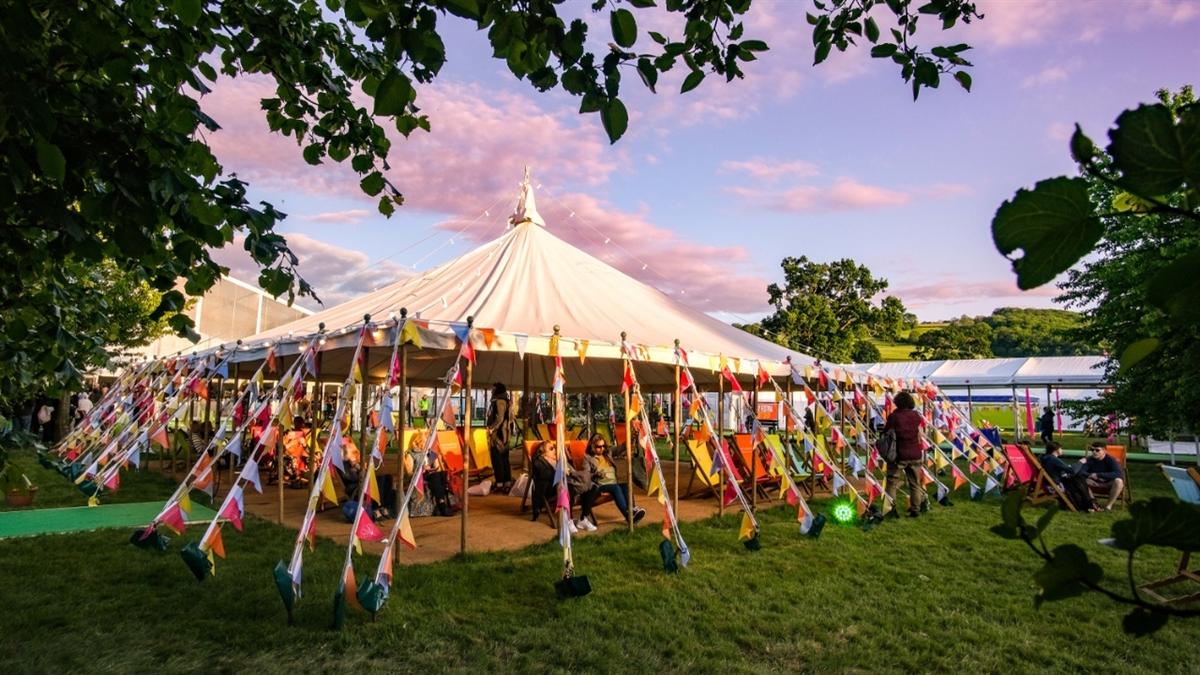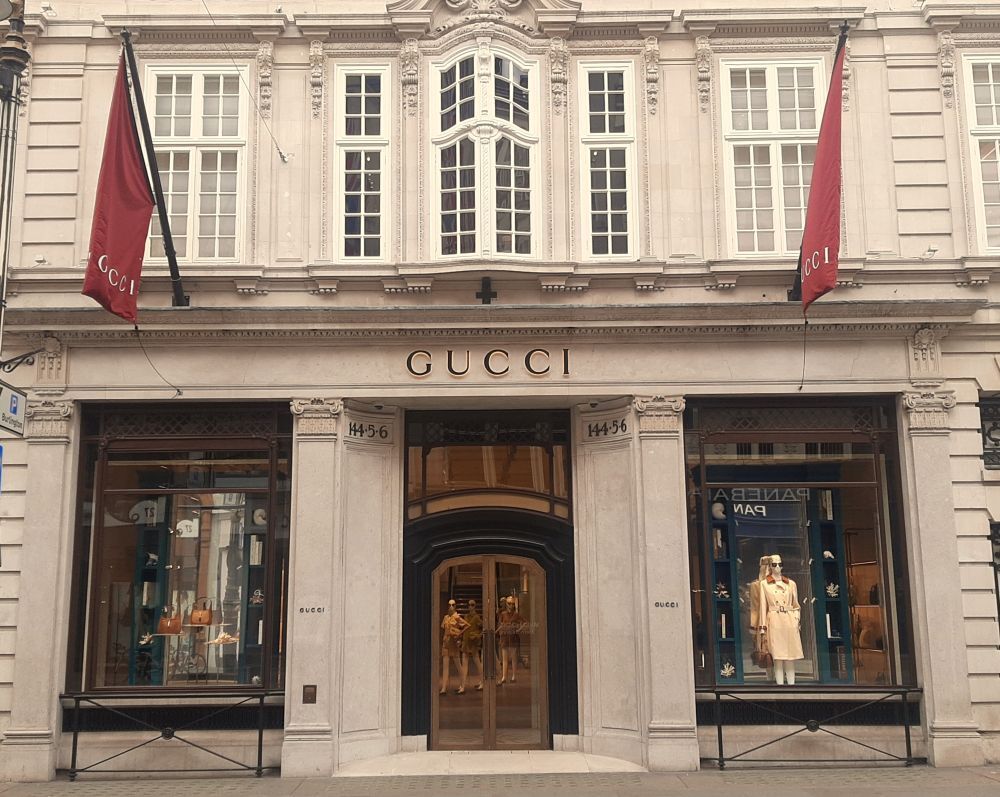Hay Festival 2025
The Hay Literary Festival is an internationally known event celebrating literature, arts, and ideas. Held annually in the beautiful town of Hay-on-Wye, Wales, this festival has grown from humble beginnings as a book fair into one of the most prestigious literary gatherings in the world. Its reputation for attracting an eclectic mix of authors, thinkers, and performers has solidified its place on the British literary calendar – not to mention its social scene.


Where did it begin?
Started by Norman and Peter Florence in 1988, the idea for Hay was simple yet ambitious: to create a space where writers and readers could come together to celebrate books and the written word. The first festival was a small affair, but it quickly gained momentum, driven by the charm of Hay-on-Wye, a small town known for being packed full of bookshops.
Hay-on-Wye is often referred to as the town of books, making it the perfect backdrop for the festival. Over the years, the book bonanza has expanded significantly. From hosting a few dozen attendees in its early days, it now welcomes over 250,000 visitors from across the globe. This remarkable growth is a testament not only to the increasing popularity of the festival but also to the enduring appeal of reading a book in an age dominated by Instagram, TikTok, and the rest of social media.
What to expect?
The programming at the festival includes everything from the authors of romantic comedies to cutting-edge chefs bringing out new cookbooks. Attendees can expect to find events featuring fiction, non-fiction, poetry, and drama. As well as traditional readings and discussions, there is also a huge variety of performances, from music and comedy to theatre and dance.
Known as the Thinking Man’s Festival, one of its hallmarks is the commitment to intellectual pursuits. Expect lots of debates, interviews, and panel discussions tackling contemporary issues, spanning various spheres like politics, science, and the environment.
Who will be there?
The festival's ability to attract high-profile guests is a significant factor in its success. Over the years, it has welcomed an impressive array of authors, journalists, and public figures. Some of the most notable literary figures who have appeared at the festival include Margaret Atwood, Salman Rushdie, Ian McEwan, and Stephen Fry. The festival has also featured prominent personalities such as former U.S. President Bill Clinton, who famously described the event as "the Woodstock of the mind."
This year the line-up includes historian and broadcaster Alice Roberts, author and comedian Lenny Henry, and comedian Ruby Wax. Comedian and actor David Mitchell, authors Michael Morpurgo, and Marian Keyes, and actor Dominic West, will be followed by How to Fail's Elizabeth Day, historian and podcaster Tom Holland, astronaut Tim Peake, the former prime minister Theresa May and the comedian Sara Pascoe, just to name a few.
Does it stop there?
The Hay Festival's impact reaches far beyond its attendees. It has played a crucial role in promoting literacy and a love for reading, particularly among young people. The festival has a dedicated children’s programme, Hay Fever, which offers a range of events tailored to younger audiences. These include interactive storytelling sessions and creative writing workshops.
Moreover, the festival's influence can be seen in its international reach. The Hay Festival has inspired the creation of sister festivals worldwide, such as Cartagena, Colombia; Segovia, Spain; and Dhaka, Bangladesh. These offshoots carry the vibe of the original festival to new audiences.
What does the future look like?
Looking ahead, the Hay Festival continues to evolve, exploring new ways to enhance the experience for attendees. Sustainability is a growing focus, with the festival taking steps to minimise the event's carbon footprint. This includes but isn’t limited to, reducing waste, promoting recycling, and encouraging the use of public transport.
Not only that, but its commitment to inclusivity and diversity is also evident in its programming. Efforts are being made to ensure that the lineup of speakers and topics reflects a wide range of voices and perspectives. This dedication to inclusivity helps the festival remain relevant and keeps it from becoming an echo chamber.
The Hay Literary Festival is more than just a celebration of books; it is a brilliant cultural phenomenon that brings together people from all walks of life to engage with ideas, stories, and each other. Its enduring success is a testament to the power of literature.



